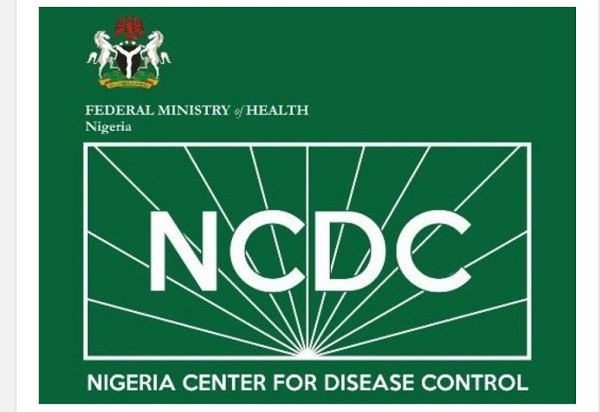
The Nigeria Centre for Disease Control and Prevention (NCDC) has labeled antimicrobial resistance (AMR) a “silent and slow epidemic” that does not produce the waves and peaks that the world has been seeing in the COVID-19 pandemic.
This assertion was made by the centre’s director-general, Dr. Ifedayo Adetifa during a briefing in Abuja to commemorate the 2022 Antibiotics Awareness Week, which runs from November 18 to 24 annually. This year’s theme is “Antimicrobials: Handle with Care.”
Science Nigeria reports that AMR is a threat to humans, animals, plants and the environment. It affects us all. This year’s theme calls for collaboration across sectors to preserve the efficacy of these critical medicines. Fighting AMR is a truly global endeavour and must be addressed through a One Health approach.
Adetifa, who was represented by the chair of the National Antimicrobial Resistance Coordination Committee (NAMRCC), Dr. Tochi Okwor described AMR as a pandemic waiting to happen. He buttressed his point by saying that seven out of ten persons in Nigerian communities access antibiotics outside licensed health facilities or pharmacies.
He said that many patients in the hospitals were overprescribed antibiotics that have a higher risk of bacterial resistance selection.
The NCDC boss raised the alarm over the increasing deaths of Nigerians associated with antibiotic resistance due to the abuse of such medications.
He noted that if nothing is done urgently to educate Nigerians on the health hazards like cancers, allergies, mutations etc., associated with abusing ARM like antibiotics, antifungals, antivirals and antiparasitics, many infections like pneumonia, sepsis etc., which could be easily treated using antimicrobials could become untreatable and lead to death.
While urging Nigerians to ensure that they get proper prescriptions on the usage of antibiotics from qualified health professionals before taking them, he disclosed that AMR, otherwise known as drug resistance, which is a big challenge in Nigeria, is projected to cause over 10 million deaths globally by 2050, with the large part of this occurring in sub-Saharan Africa.
According to him, some of the identified challenges for Nigeria’s AMR response include sub-optimal coordination between relevant sectors (regulatory authorities and components of the healthcare delivery system), poor surveillance and response on account of limited diagnostics services, inadequate resources, suboptimal adoption and practice of standardised infection prevention and control practices in the community and health facilities, limited access to proper medication, inappropriate prescription practices and poor enforcement of legal frameworks in place to regulate antimicrobial use.”
The technical officer, AMR, WHO Nigeria, Dr. Laxmikant Chavan called on all stakeholders to accelerate the AMR response in-country. “The global and regional burden is alarming, but it is sub-Saharan African countries that bear the heaviest burden of resistant bacterial infections.
“In 2019, 4.95 million deaths globally were attributed to drug-resistant bacterial infections, with 1.27 million directly related to AMR – more than HIV/AIDS and malaria combined.”
In her remarks, the chief veterinary officer of Nigeria, Dr. Maimuna Habib said: “AMR as we all know, is a global public health and development threat. Its consequences, direct and indirect, can affect both humans and animal health.
According to Habib, WHO has described AMR as “one of the top 10 global public health threats facing humanity”. It threatens the effective treatment of an ever-increasing range of infections caused by bacteria, parasites, viruses and fungi.
“It has been estimated that by 2050, 10 million worldwide deaths could result from antibiotic resistance, making it deadlier than cancer. It is estimated that about 70 per cent of antimicrobial agents sold in the world are used in the animal health sector,” she explained.
She said that the misuse and overuse of antibiotics in food animals predispose them to residues in animal products such as meat, milk and eggs.
“Residues of AMR in foods are potentially allergenic, mutagenic, teratogenic or carcinogenic.
“The AMR challenge affects national food safety and food security through increased cost of production, loss of livestock, poor nutrition and ultimately affects the national GDP,” she said.

